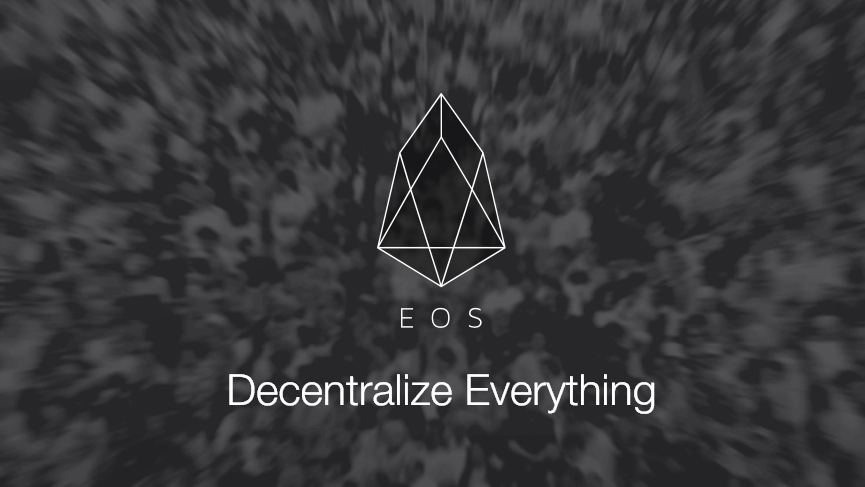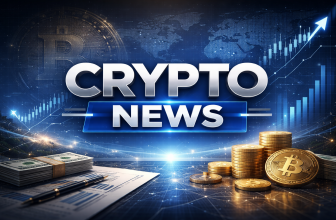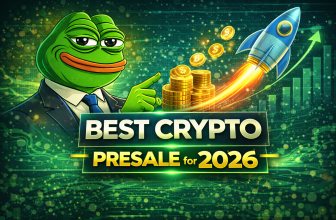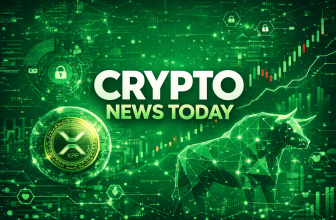
As you would expect after a company collects $4 billion in funding, EOS has generated a lot of buzz in the cryptoverse, however, with a very public struggle to launch the mainnet and a major bug that was discovered after the launch, EOS reputation is seriously shattered.
The mainnet was barely launched when a glitch was discovered which saw the mainnet freeze over the weekend, meaning a stop to all transactions.
Community was split in their reaction to this event: we saw a whole spectrum of feelings and opinions ranging from mockery to vehement defensive of EOS.
What you'll learn 👉
Let’s freeze this immutable, trustless, censorship-resistant thing …
The stop of the EOS network was announced by the block.one team, the developers of EOS software, as they found out about the bug on the network. A few hours after this, the development updated the public that the bug had been identified. Soon after that, they were able to deploy a software patch for the bug.
The issue that caused this mess was a bug in the code that controlled how deferred transactions were handled. The stoppage has not really moved the price, upon the news of the trouble and blockchain pause, EOS token prices fell a measly five percent.
Additional issues
The BP Voting process is already extremely centralized and there are signs of collusion among top voters already:
1/ I started looking at #EOS Block Producer voting stats from https://t.co/3tYfn7mieZ and have found some interesting things. SPOILER ALERT: the network is far more centralized than I even thought. In fact, 10 voters are in control of the entire network.
— Eric (@econoar) June 15, 2018
BP’s are hard to evaluate currently.
A website/portal to evaluate BP’s would be great. If a BP is not living up to the constitution, people need to be made aware, so they can vote them out.
Questions of decentralization
There have been questions put forward on the level of decentralization of EOS as research shows that 50 percent of the tokens belong to the top 10 wallets. This makes things complicated, especially with the need for voting to advance the mainnet.
Basically, the necessary voting could all be done by big wallets within minutes, and their owners could choose the Block Producers they want. However, it is not happening.
EOS is open about their trade-off between decentralization vs throughput. But the block producer set-up makes it too easy for governments to censor the network by block producer IP.
I believe the blockchain community can eventually accept the trade-off between scalability and decentralization. But censorship-resistance will remain the biggest set back for eos to go mainstream
Shitcoin
The crypto community has not reacted well to the way in which EOS has gone about its business with the mainnet move. The freeze, and the supposed-decentralized nature of the project, has led many to question if EOS is even a viable cryptocurrency.
It is hard to tell at this point of time which description better fits EOS. The fact is that both Bitcoin and Ethereum had similar issues in their initial phases, bugs and massive problems were common thing for them as well, similar to the situation EOS is in right now.
What we can tell for certain: EOS is good for overall crypto space as it took different approach and the whole industry will have new data, new experience to learn from. EOS doesn’t deny it is a highly experimental project with a goal to revolutionize and reshape people’s basic ideas of blockchains, decentralization and cryptocurrency in general.





